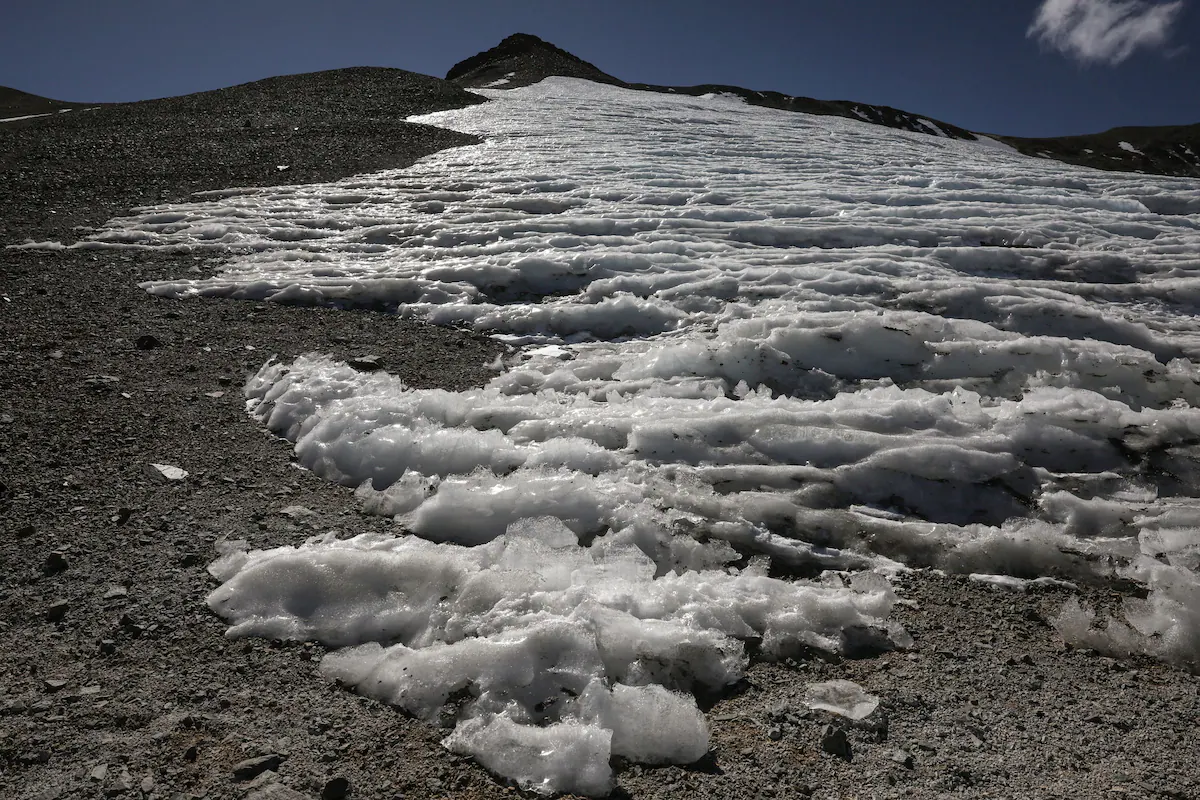Tropical glaciers, particularly those located high in the Andes Mountains, are shrinking at a concerning rate due to global warming. A recent study suggests that these glaciers are now smaller than they’ve been since the last major ice age, marking a troubling milestone that could signal further glacial melting around the world.
The study, published in the journal Science, involved an international team of researchers who discovered that bedrock at the edges of four Andean glaciers is now exposed for the first time in more than 11,700 years. This period coincides with the end of the last major ice age and the start of the current geological epoch, known as the Holocene.
To determine when these rocks were last uncovered, the researchers measured the concentrations of beryllium-10 and carbon-14 in the recently exposed bedrock. These isotopes form when cosmic rays penetrate Earth’s atmosphere and interact with elements on the planet’s surface. By analyzing the accumulation of these isotopes, scientists can estimate the last time the rock was exposed to the atmosphere.
According to researcher Andrew Gorin, the team found almost no beryllium-10 or carbon-14 in any of the 18 bedrock samples they analyzed from the four tropical glaciers. This lack of isotope accumulation suggests that the rocks had not been exposed to cosmic radiation since the glaciers formed during the last ice age.
The researchers believe that other possible explanations, such as the glaciers being highly susceptible to erosion, are unlikely. Instead, they argue that the absence of these isotopes points to “unprecedented” tropical warmth and global warming as the cause of the glaciers’ retreat.
Also Read:
- Record Temperatures Expected Across the Western U.S. as Heat Wave Intensifies
- Illinois to Implement Home Energy Rebates in 2025, Targeting Low-Income Residents
The study warns that these tropical glaciers may be acting as a “canary in the coal mine,” signaling that global temperatures have already risen by 1.5 to 2 degrees Celsius, and that more glacier melting is likely to occur worldwide as a result.





